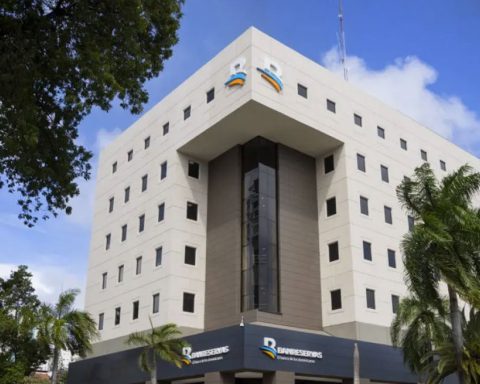The Plenary Session of the Supreme Court of Justice, in its session number 26-2024, approved the modification of the Regulations that regulate the Ethical Behavior Committee of the Judiciary.
It is an instrument that seeks to strengthen the system of institutional integrity in the administration of justice, under the logic that good ethical performance in public service and responsible citizenship is a guarantee that supports prevention for moral protection, and consequently avoids incurring disciplinary offenses.
The regulations define the Ethical Behavior Committee as a body specialized in judicial ethics and integrity, in charge of applying, studying, promoting and disseminating the values, principles and guidelines established in the Code of Ethical Behavior of the Judiciary. Regulation according to the context of the regulation is in charge of the Plenary Session of the Supreme Court of Justice.
The Committee is made up of six (6) judges of the Supreme Court of Justice, elected by the Plenary Session of that high court at the proposal of the presiding judge, who will preside over it and, in addition, is responsible for making the proposal to said body of its other members. .
The functions of the Committee include receiving and resolving requests regarding ethical complaints, providing answers to queries formulated by judicial servants and making institutional and protocol recommendations to unify ethical criteria at the national level.
The regulations also establish four (4) Regional Advisory Commissions, which will act as collaborating entities of the Committee, whose governance role consists of the promotion of ethical values.
These bodies will have the authority to act within their respective demarcations or in those in which they are commissioned by the Committee to carry out specific actions; Its function is always consultative and not deliberative.
The distribution of these commissions obeys the following premises: Central Region Commission, which covers the judicial departments of the National District and Santo Domingo; the Eastern Region Commission, which includes the Judicial Department of San Pedro de Macorís; the Northern Region Commission, which includes the judicial departments of Santiago de los Caballeros, La Vega, San Francisco de Macorís, Montecristi and Puerto Plata; and the Southern Region Commission, which includes the Judicial Departments of San Cristóbal, San Juan de la Maguana and Barahona.
Each of the named Regional Advisory Commissions is made up of one (1) judge of the Supreme Court of Justice who presides, and four (4) judges of the Court of Appeal of the corresponding region, who are appointed by the Committee of Appeals. Ethical Behavior, at the proposal of its president.
In the context of the aforementioned instrument, it is clearly established that the function of the Committee and the Regional Advisory Commissions does not have a sanctioning scope, but rather prevention in order to create an effective environment of empowerment of judges and other judicial servants of both the Code of Behavior Ethical as well as the Ibero-American Code of Ethics, as part of a regulatory order that binds us as part of the Ibero-American Judicial Summit.
It should be noted that prior to the approval of these modifications, the draft regulations were published for public consultation for 15 business days, in accordance with the provisions of articles 30 et seq. of Law No. 107-13 on the rights and duties of people vis-à-vis the Public Administration and articles 1, 2, 3 and 23 of Law no. 200-04 on Free Access to Public Information, with the objective of guaranteeing the principles of transparency and citizen participation.
Finally, the Plenary Supreme Court of Justiceon October 17 of the current year, after approving the aforementioned instrument, ordered the publication and dissemination of the new regulation in the official media, which comes into force within 30 days following this publication.
You can also read: 17 years after Storm Noel: a phenomenon that left the country under water and in mourning
















